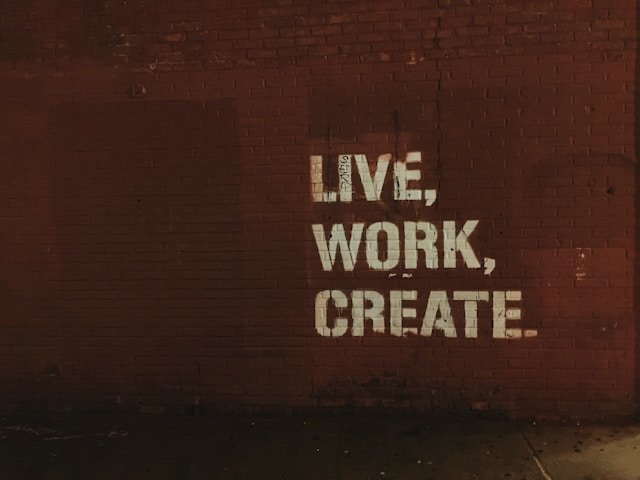Work-Life Balance in European Affairs: Managing Stress and Burnout
- Understanding Work-Life Balance
- Tips for Achieving Work-Life Balance
- Managing Stress and Burnout
- Benefits of Work-Life Balance
Working in European affairs can be demanding, with high-pressure environments and tight deadlines. Maintaining a healthy work-life balance is crucial for your well-being and productivity. Here are tips and strategies to manage stress and prevent burnout in European affairs:
1. Understanding Work-Life Balance
Work-life balance involves effectively managing career responsibilities alongside personal commitments and leisure activities. In the context of European affairs, it's about finding equilibrium despite demanding work schedules and responsibilities.
2. Tips for Achieving Work-Life Balance
- Set Boundaries: Establish clear boundaries between work and personal life. Define specific work hours and avoid bringing work home whenever possible.
- Prioritize Tasks: Use time management techniques like prioritizing tasks based on urgency and importance. Focus on completing high-priority tasks during peak hours.
- Delegate Responsibility: Learn to delegate tasks to colleagues or team members. Effective delegation reduces workload and allows for better focus on critical responsibilities.
- Take Breaks: Schedule regular breaks throughout the day to recharge and prevent mental fatigue. Short breaks boost productivity and creativity.
- Practice Mindfulness: Incorporate mindfulness techniques such as deep breathing, meditation, or yoga into your daily routine to reduce stress and improve focus.
- Stay Organized: Use digital tools or planners to organize tasks and deadlines. Keep a structured approach to manage workload effectively.
- Communicate Effectively: Maintain open communication with supervisors and colleagues about workload and deadlines. Address concerns early to prevent overwhelming situations.
- Set Realistic Goals: Break down large projects into smaller, manageable tasks. Set realistic deadlines to avoid last-minute rushes and reduce stress levels.
- Learn to Say No: Prioritize your workload and politely decline additional tasks when necessary. Saying no helps maintain a balanced workload.
3. Managing Stress and Burnout
- Recognize Signs of Burnout: Watch for signs such as exhaustion, irritability, and decreased motivation. Take action early to prevent burnout.
- Seek Support: Reach out to mentors, colleagues, or support networks for guidance and encouragement. Sharing experiences can provide valuable insights and emotional support.
- Practice Self-Care: Invest time in activities you enjoy outside of work, such as hobbies, exercise, or spending time with loved ones. Self-care is essential for overall well-being.
- Disconnect Regularly: Set boundaries for technology use outside of work hours. Disconnecting from work emails and notifications helps maintain separation between work and personal life.
4. Benefits of Work-Life Balance
Achieving work-life balance in European affairs enhances overall well-being and job satisfaction:
- Improved Productivity: Balanced professionals are more focused and productive during work hours, leading to better outcomes.
- Enhanced Job Satisfaction: A healthier work-life balance contributes to job satisfaction and reduces turnover rates.
- Better Health: Reduced stress levels promote better physical and mental health, enhancing longevity and quality of life.
Conclusion
Managing work-life balance in European affairs requires proactive planning, effective communication, and self-care practices. By implementing these tips and strategies, you can navigate high-pressure environments while prioritizing your well-being and achieving sustainable success in your career.










